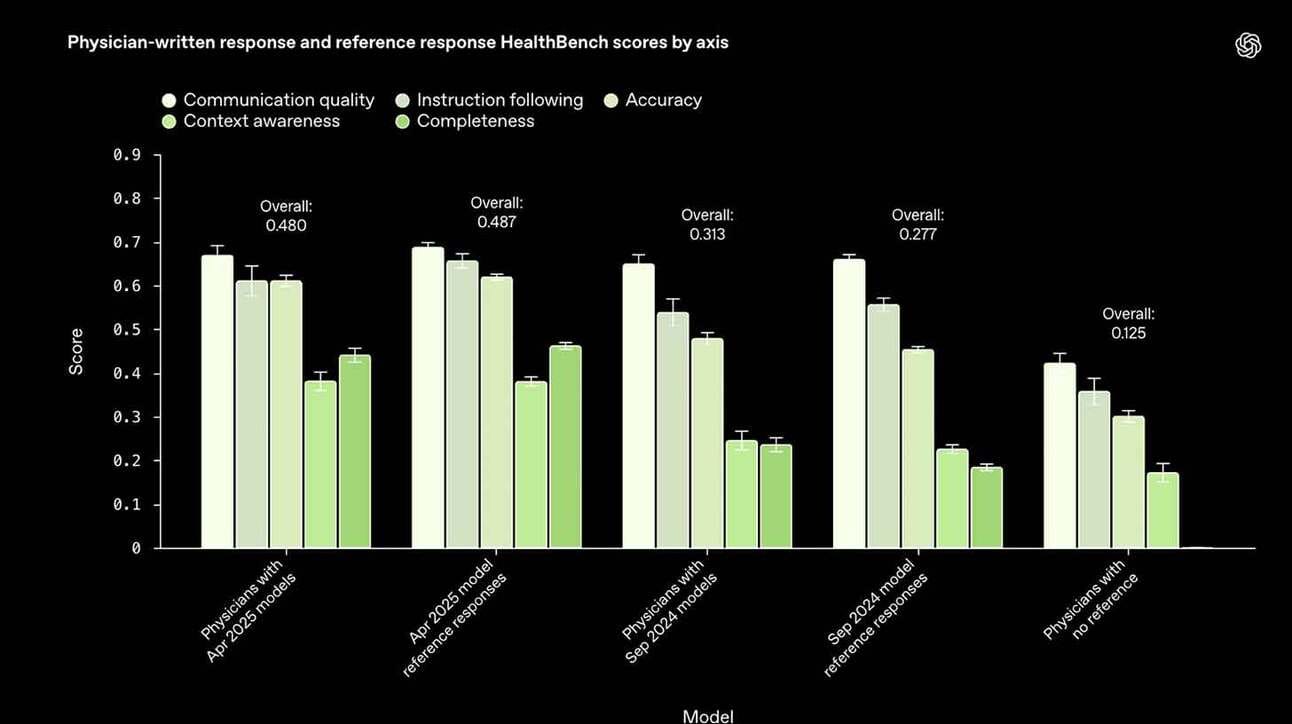⚡ Quick News
- Chegg Cuts 22% of Staff Edtech company Chegg is reshaping its workforce in response to digital educational shifts, impacting 248 employees. This move is influenced by the rise of advanced AI learning tools.
- House GOP Seeks 10-Year AI Regulation Ban A new House bill from Republicans aims to restrict state-level AI regulations for the next decade. The proposal has sparked debate over the balance of power between federal oversight and state autonomy.
- SoftBank’s $100 Billion Stargate A.I. Project With OpenAI Stalls Amid Tariffs SoftBank is facing significant delays in its major collaboration with OpenAI due to new U.S. tariffs. This financial strain has led to uncertainty among potential investors and partners.
- Perplexity Hits $14B Valuation in New Funding Round AI startup Perplexity is attracting investor confidence, reaching a $14 billion valuation with a new funding round. This surge reflects the growing demand for innovative search alternatives to Google.

The Trump administration has recently dismissed Shira Perlmutter, the leading official at the US Copyright Office, following her office's release of a controversial report. This report addressed the extent to which AI training data could legitimately incorporate copyrighted material, concluding that it's unfair to use copyrighted works for developing competing content markets. Perlmutter, who took the helm in 2020, was reportedly dismissed via email shortly after the termination of Librarian of Congress, Carla Hayden, which has stirred political tensions.
Key Highlights:
Key Highlights:
- Perlmutter's report opposed using copyrighted materials for AI models competing in the same market.
- Her dismissal follows a reported refusal to approve initiatives led by Elon Musk regarding AI training.
- The Copyright Office's leadership change may impact the policies on AI and copyright law.
- This move aligns with Trump's broader deregulatory approach.
- Democrats have expressed concerns over executive overreach in Perlmutter's firing.
If you're enjoying Nerdic Download, please forward this article to a colleague. It helps us keep this content free.

Saudi Arabia, under the leadership of Crown Prince Mohammed bin Salman, has launched 'Humain', a state-backed AI firm that integrates into the country's Vision 2030 framework for economic transformation. This initiative is set to leverage the Kingdom's substantial $940 billion Public Investment Fund to establish advanced data centers and develop Arabic-language AI models. Humain aims to position Saudi Arabia as a global hub for AI, extending beyond the current hegemonies of the US and Western countries.
Key Highlights:
Key Highlights:
- Humain is part of Saudi Arabia's Vision 2030 economic plan.
- Backed by a $940 billion Public Investment Fund.
- Plans to develop a full spectrum of AI services.
- Targets global AI leadership, particularly in Arabic content and technologies.
- Aligns with global trends of countries investing in domestic AI capabilities.

OpenAI has introduced HealthBench, a revolutionary benchmark developed alongside 262 physicians to assess AI systems in healthcare conversations, establishing critical standards for safety and effectiveness. This benchmark evaluates models across essential themes and capabilities such as emergency response efficacy and global health dialogues. Particularly noteworthy is the advancement of recent AI models like OpenAI’s o3, which significantly outpaces previous versions, potentially transforming how AI integrates into medical practices.
Key Highlights:
Key Highlights:
- HealthBench created in collaboration with 262 medical professionals.
- Benchmarks cover key healthcare areas including emergency and global health.
- OpenAI’s o3 model significantly outperforms earlier models.
- Smaller AI models now show heightened capability at reduced costs.
- OpenAI has open-sourced its evaluation and dataset of health conversations.

Researchers at Mass General Brigham have developed 'FaceAge', an AI tool capable of estimating biological age through facial analysis. This innovation aids in better predicting cancer outcomes and refining treatment plans. The AI model, trained on over 58,000 images, has demonstrated its potential by correlating higher biological ages with shorter survival times among cancer patients, suggesting that facial analysis could offer significant insights into patient health beyond genetic data alone.
Key Highlights:
Key Highlights:
- FaceAge estimates biological age, potentially influencing cancer treatment planning.
- The tool is trained on a comprehensive dataset of facial photographs.
- AI analysis correlated older biological appearance with poorer cancer outcomes.
- Tests show improved accuracy in survival predictions with AI-assistance.
- Ongoing trials are assessing ethical implications and clinical applicability.
🛠️ New AI Tools
- NotebookLM Video Content Analyzer Use Google's NotebookLM to extract transcripts and creative content from videos. This tool enhances content creation workflows by generating title ideas and descriptions.
- Clockwise AI Assistant Clockwise leverages AI to optimize calendar management, aiding in meeting scheduling and time prioritization. It simplifies calendar tasks, freeing users to focus on priorities.
- Continuous Thought Machine by Sakana Sakana's Continuous Thought Machine offers a new approach to AI decision-making by mimicking human brain synapses. This model enhances cognitive capabilities and improves AI processing.
- Google Veo 2 Image-to-Video Converter Google's Veo 2 tool converts static images into dynamic five-second videos, exclusively available on Honor phones. The tool allows users free daily experiments, potentially requiring a future subscription.
.svg)




